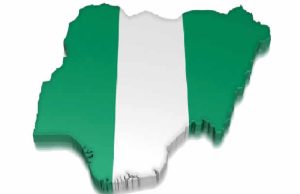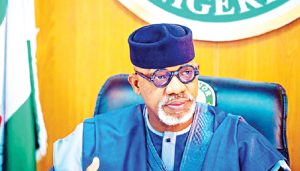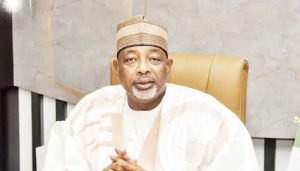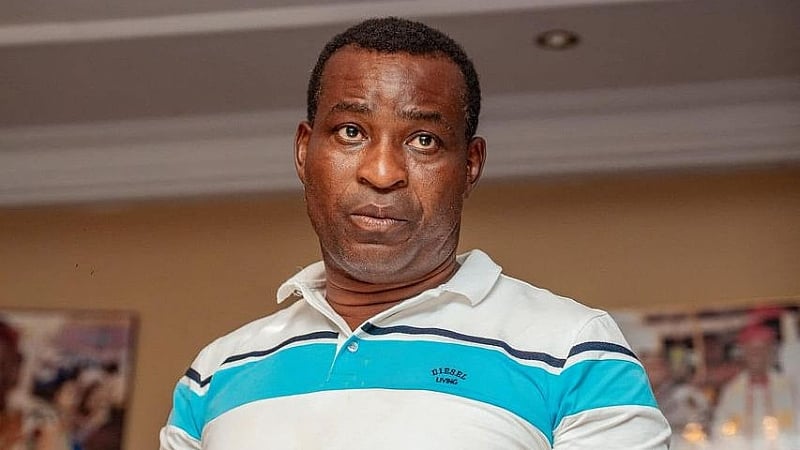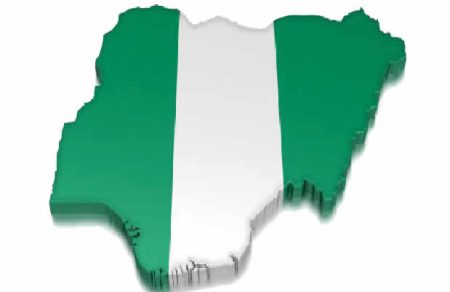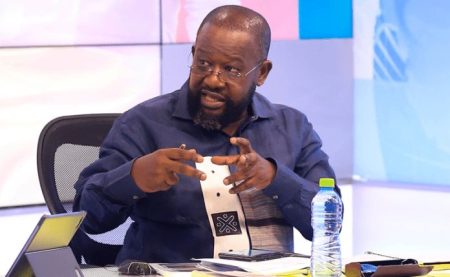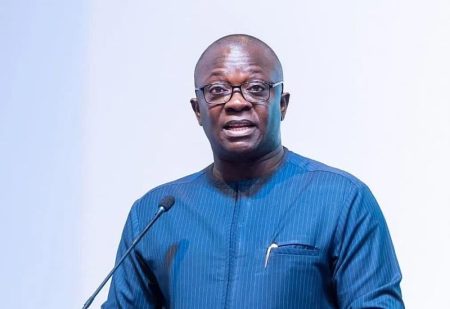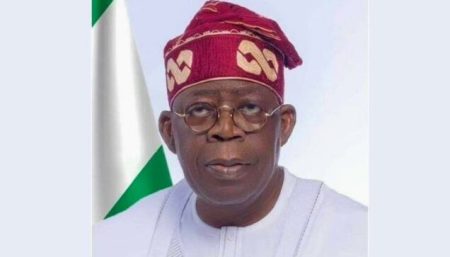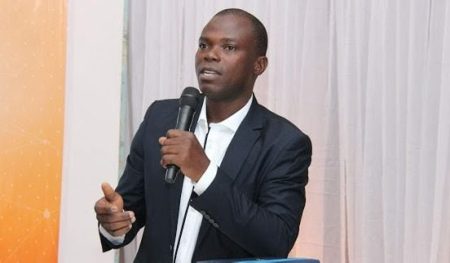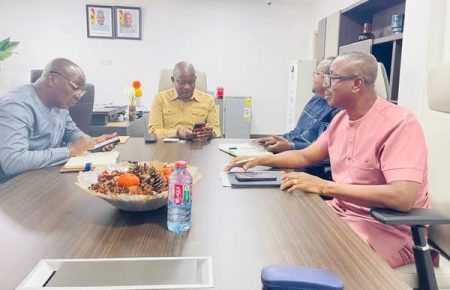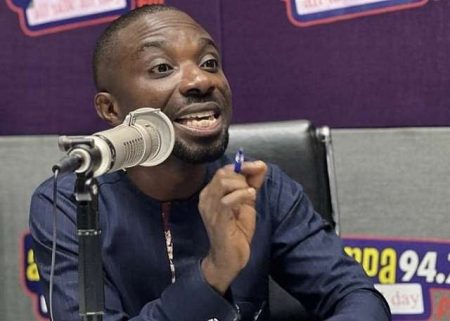The hospitalization of Bernard Antwi Boasiako, popularly known as Chairman Wontumi, the Ashanti Regional Chairman of the New Patriotic Party (NPP), on Tuesday, May 27, 2024, sparked a wave of controversy and protest within Ghana’s political landscape. Wontumi reportedly collapsed during an interrogation session at the offices of the Economic and Organised Crime Office (EOCO) in Accra, following an initial questioning by the Criminal Investigations Department (CID) of the Ghana Police Service. The investigation centered on allegations of illegal mining activities, including operating without a license, polluting water bodies, and encroaching upon protected forest reserves. The incident quickly escalated into a political standoff, with accusations of a politically motivated attack on a prominent opposition figure.
The sequence of events leading to Wontumi’s hospitalization began with his summons to the CID headquarters for questioning regarding the illegal mining allegations. Following this initial appearance, he was subsequently arrested and transferred to the EOCO for further interrogation on what is believed to be related matters. It was during this interrogation at the EOCO that Wontumi collapsed, prompting his transfer to a medical facility. The exact location of the hospital was withheld by his legal counsel, Andy Appiah-Kubi, a former Member of Parliament for Asante-Akim North, citing confidentiality concerns. Appiah-Kubi confirmed that the interrogation was incomplete and would resume upon Wontumi’s recovery and discharge from the hospital.
The news of Wontumi’s collapse and hospitalization ignited immediate protests outside the EOCO offices. Supporters of the NPP chairman, including party faithful and executives, gathered in large numbers to demand his release. This demonstration, characterized by passionate appeals for Wontumi’s freedom, underscored the significance of his position within the party and the perceived injustice of his arrest. The escalating tension at the protest site necessitated the deployment of military personnel to reinforce security and maintain order. This intervention highlighted the potential for the situation to escalate into a larger public order issue.
The incident quickly transcended a simple legal matter, becoming a focal point of political contention. Several high-ranking members of the NPP, including National Organiser Henry Nana Boakye and former Greater Accra Regional Minister Titus Glover, publicly condemned the handling of the situation. They accused EOCO and elements within the government of orchestrating a politically motivated crackdown against Wontumi, framing his arrest as an attempt to silence a key opposition voice. These accusations fueled the narrative of political persecution and further inflamed tensions between the NPP and the ruling government.
The allegations against Wontumi are serious, encompassing a range of environmental crimes associated with illegal mining. These include operating without the necessary licenses, contributing to the pollution of water bodies crucial for local communities, and encroaching upon protected forest reserves vital for ecological balance. These alleged activities, if proven, represent a significant breach of environmental regulations and highlight the ongoing challenges faced by Ghana in combating illegal mining, often referred to as “galamsey.” This issue has plagued the country for years, causing widespread environmental damage and social disruption.
The case of Chairman Wontumi exemplifies the complex interplay between legal proceedings, political dynamics, and environmental concerns in Ghana. The incident has brought to the forefront the ongoing debate surrounding illegal mining, the power dynamics within the political landscape, and the role of law enforcement agencies in navigating politically sensitive investigations. The accusations of political motivation leveled against the EOCO and the government highlight the deep-seated distrust that often characterizes political rivalries. The deployment of military personnel to manage the protests further underscores the potential for such incidents to escalate and disrupt public order. As the investigation continues, it will be crucial to ensure a transparent and impartial process that upholds the rule of law while addressing the legitimate concerns raised by both sides of the political divide. The fallout from this incident will likely have lasting implications for the political landscape in Ghana, particularly as the nation approaches future elections. The case serves as a reminder of the delicate balance required to maintain stability and uphold democratic principles in a politically charged environment.


